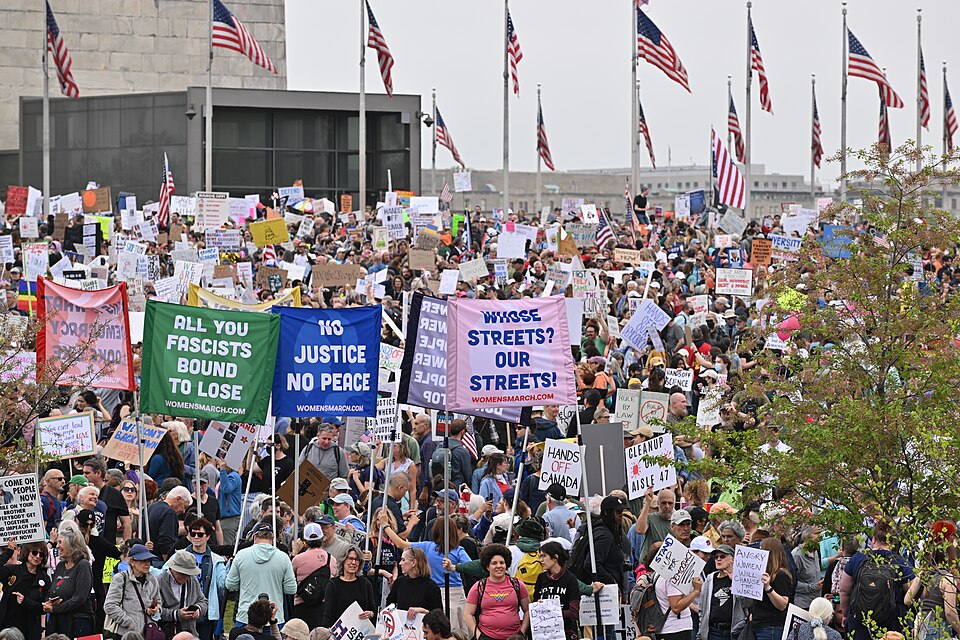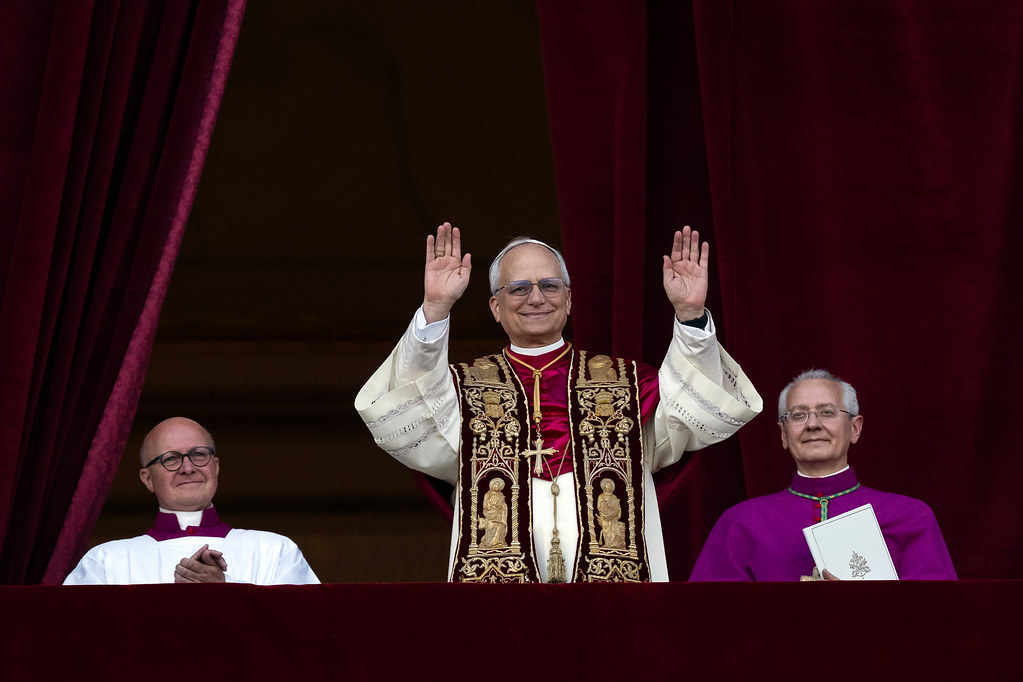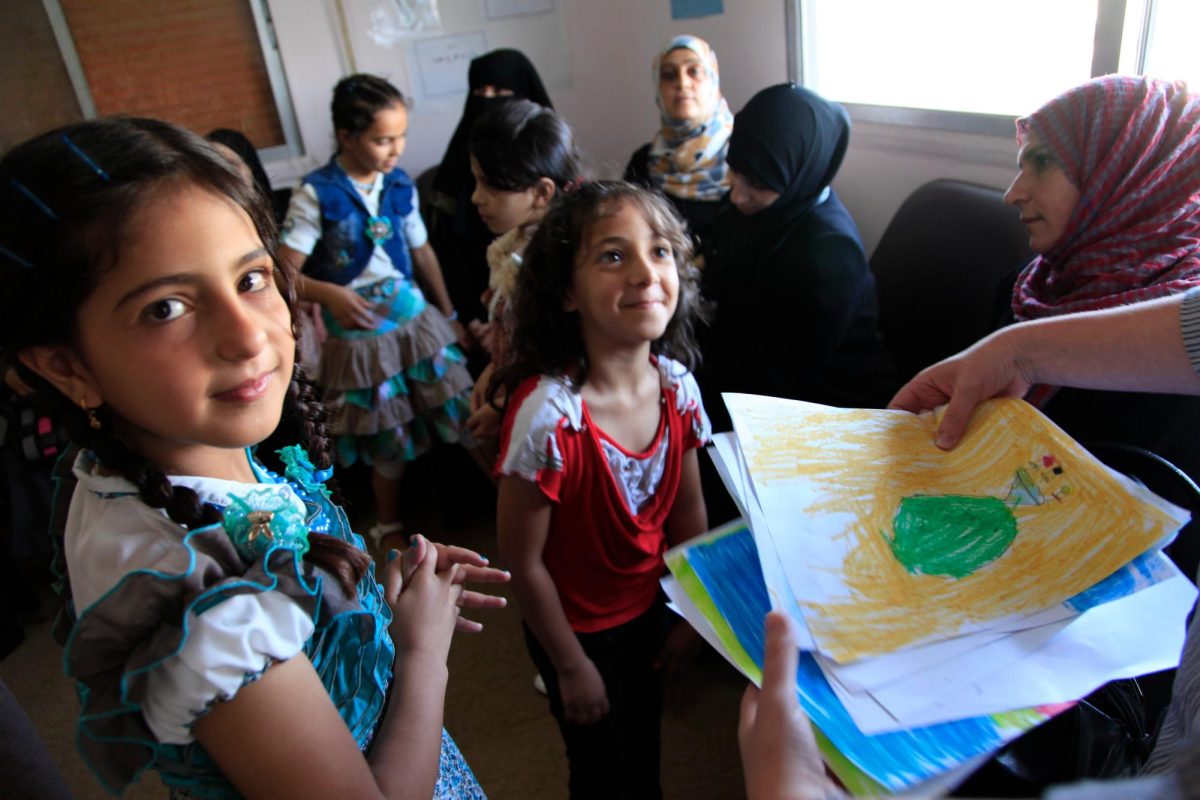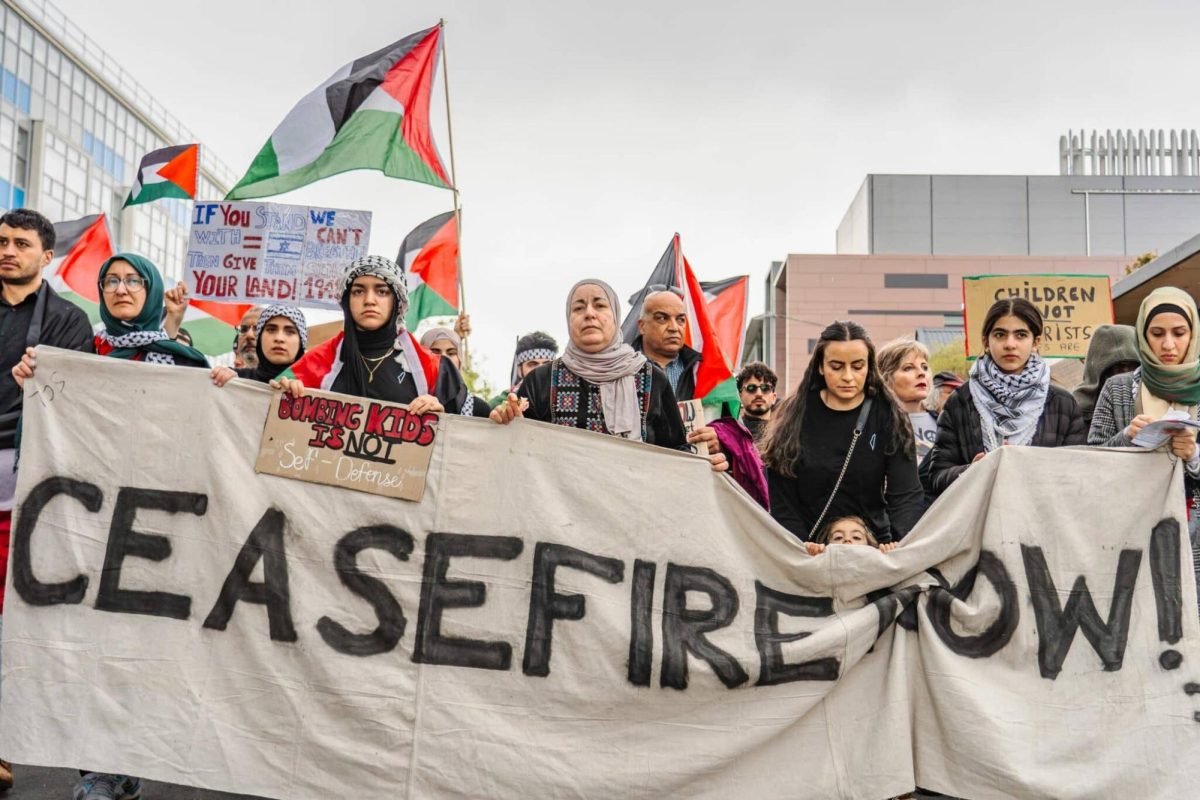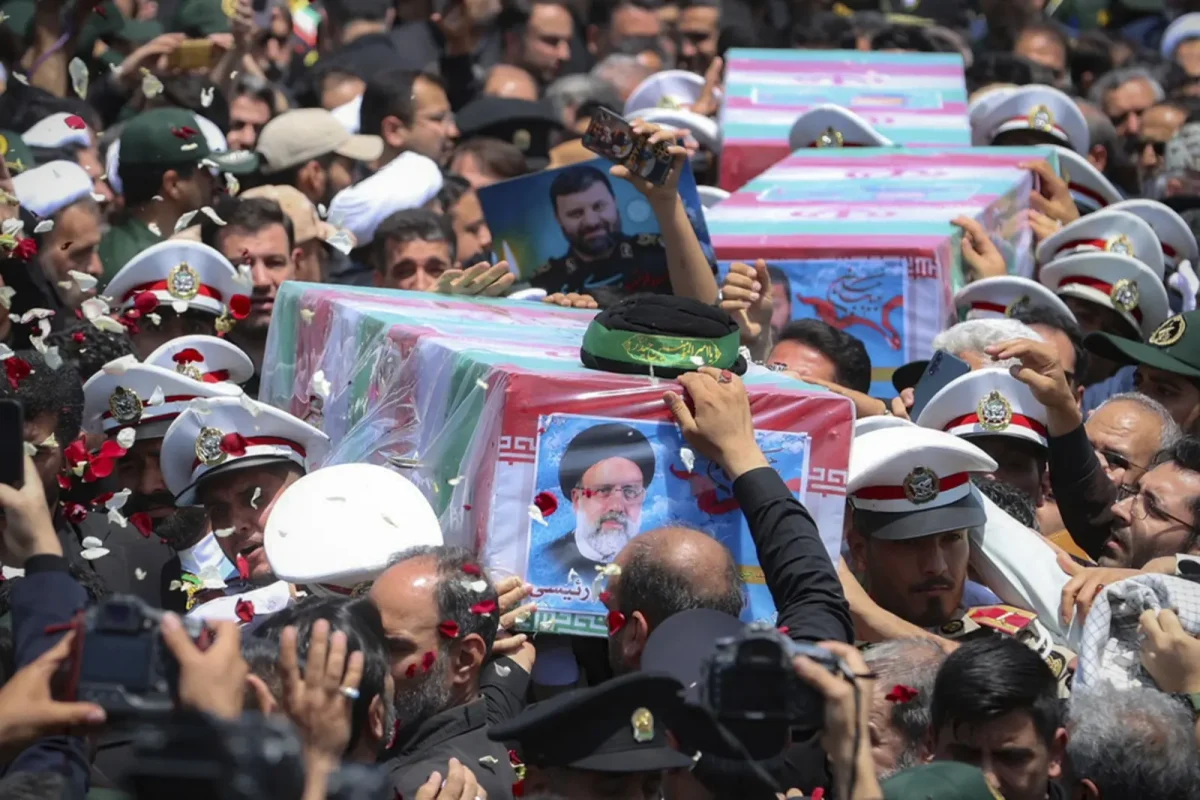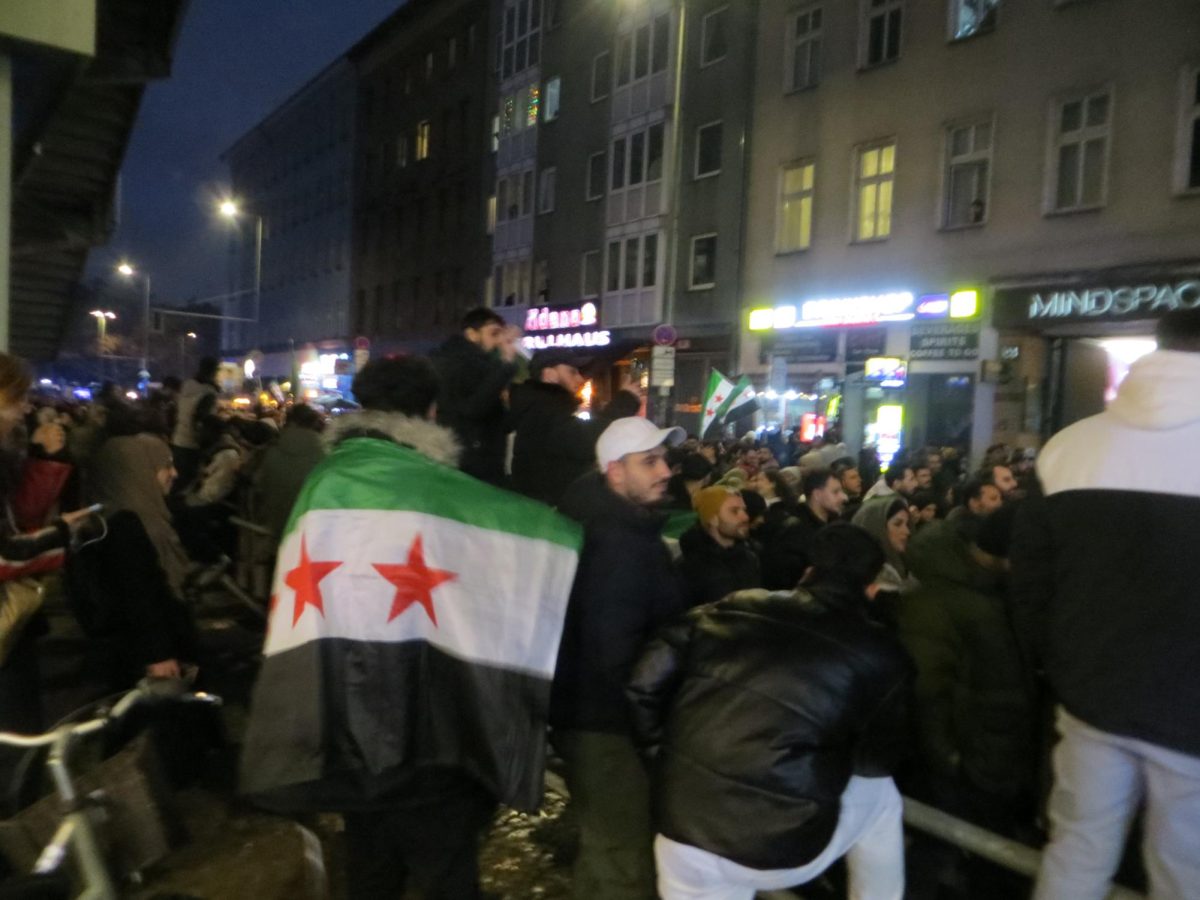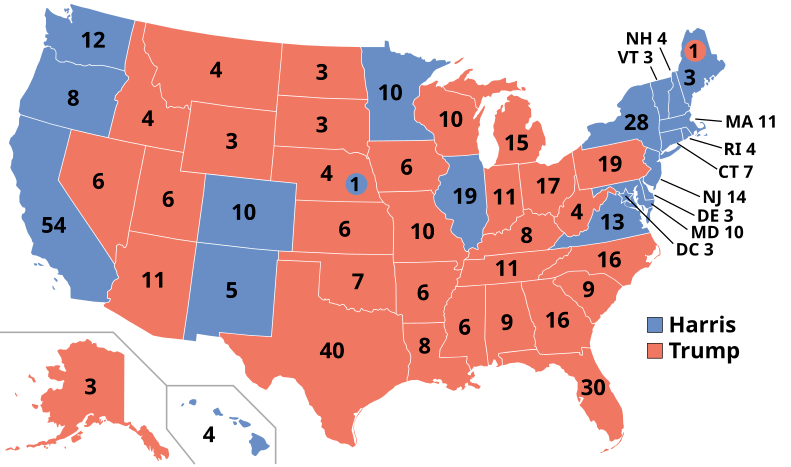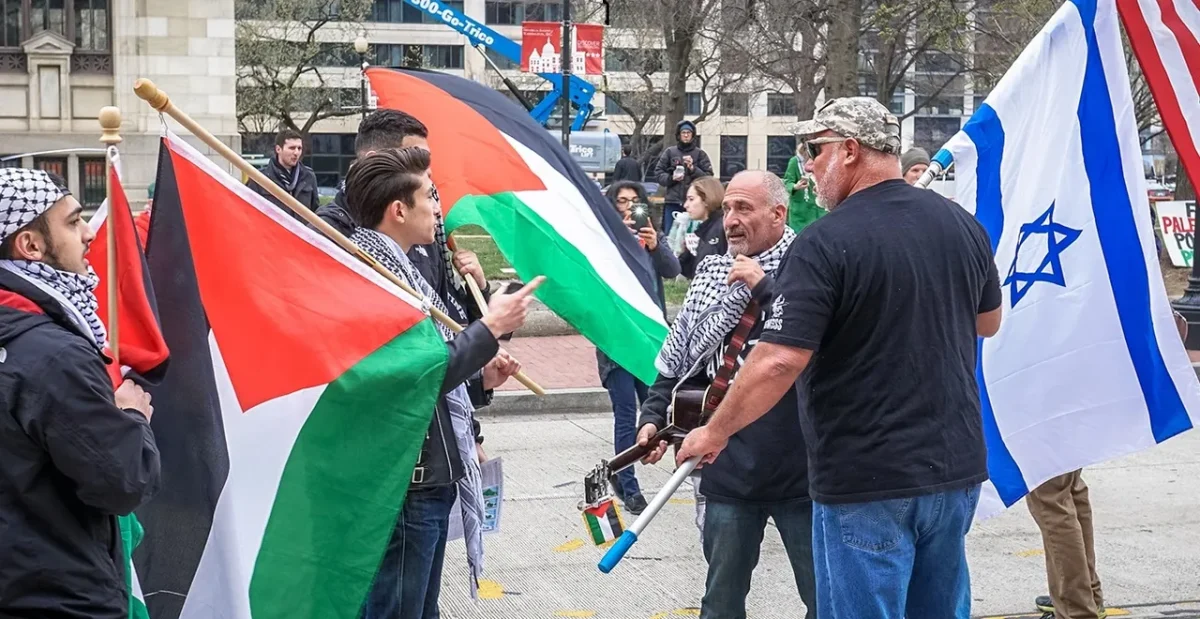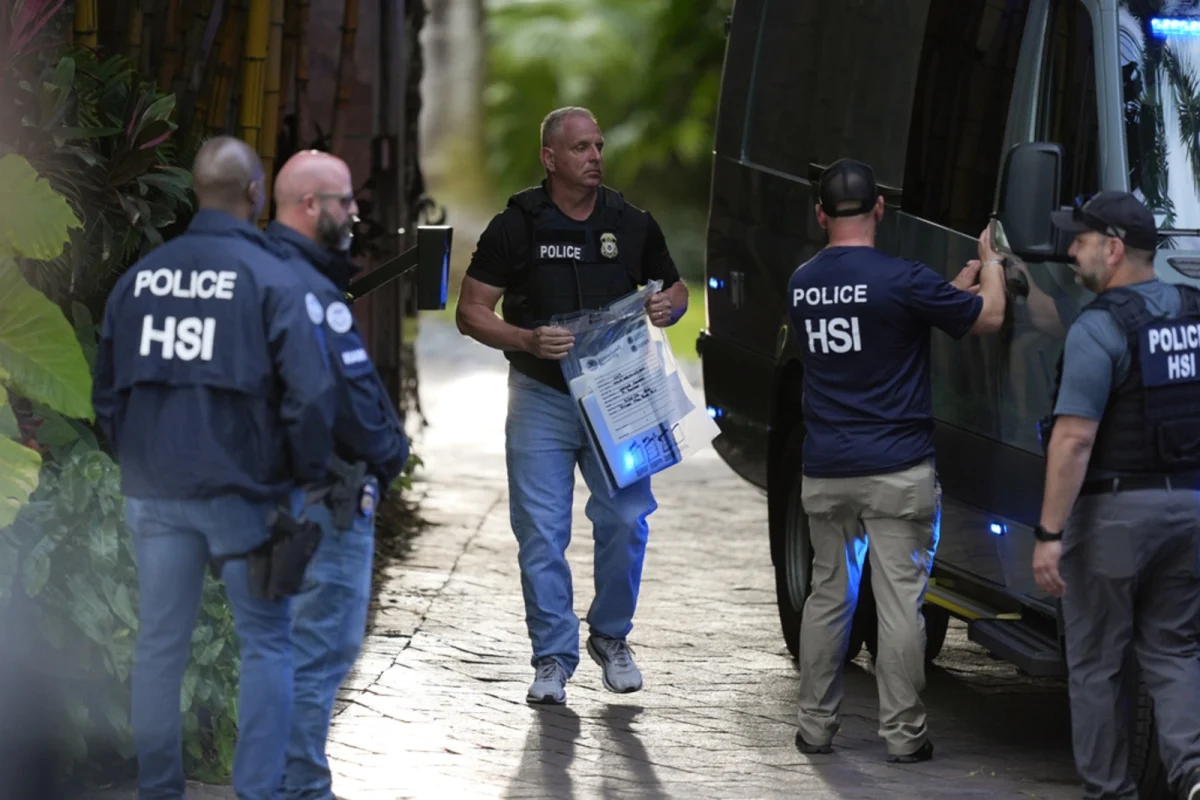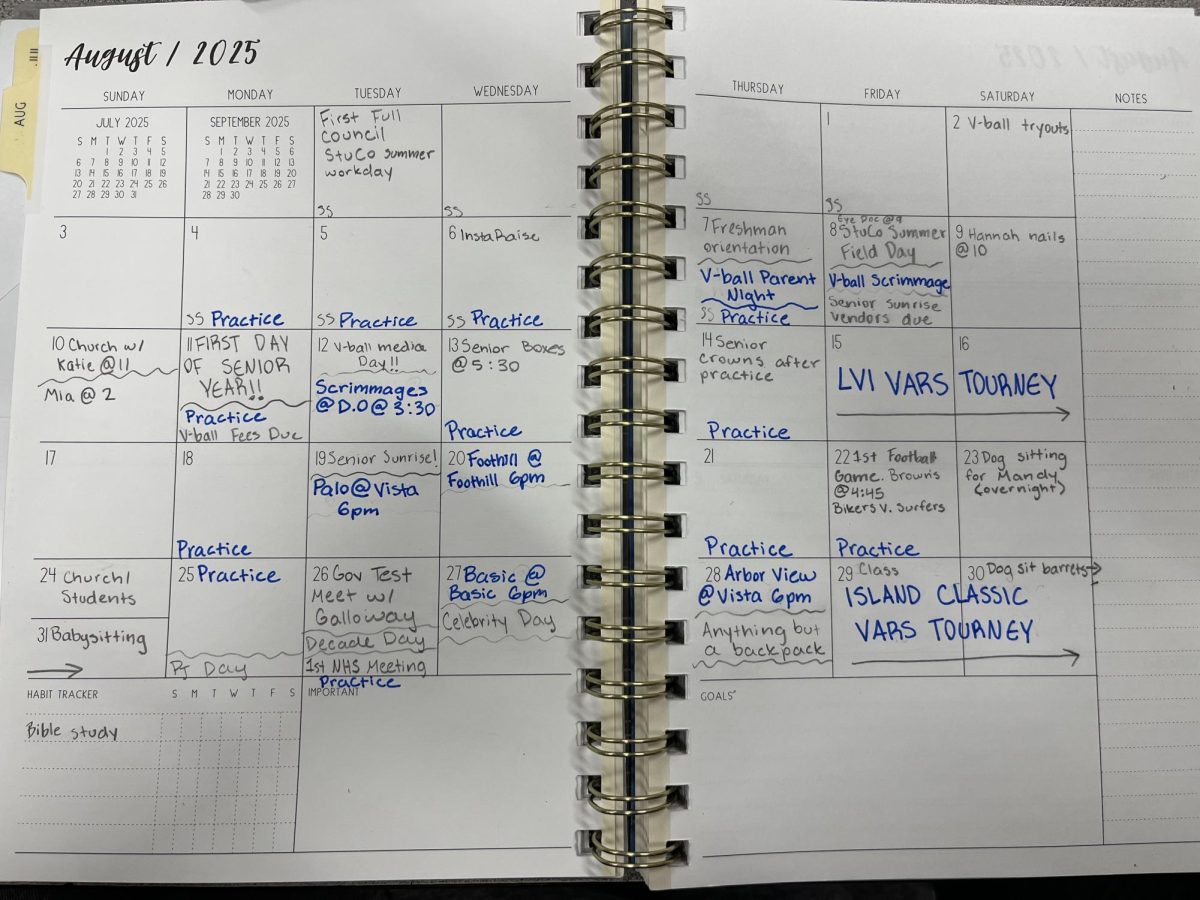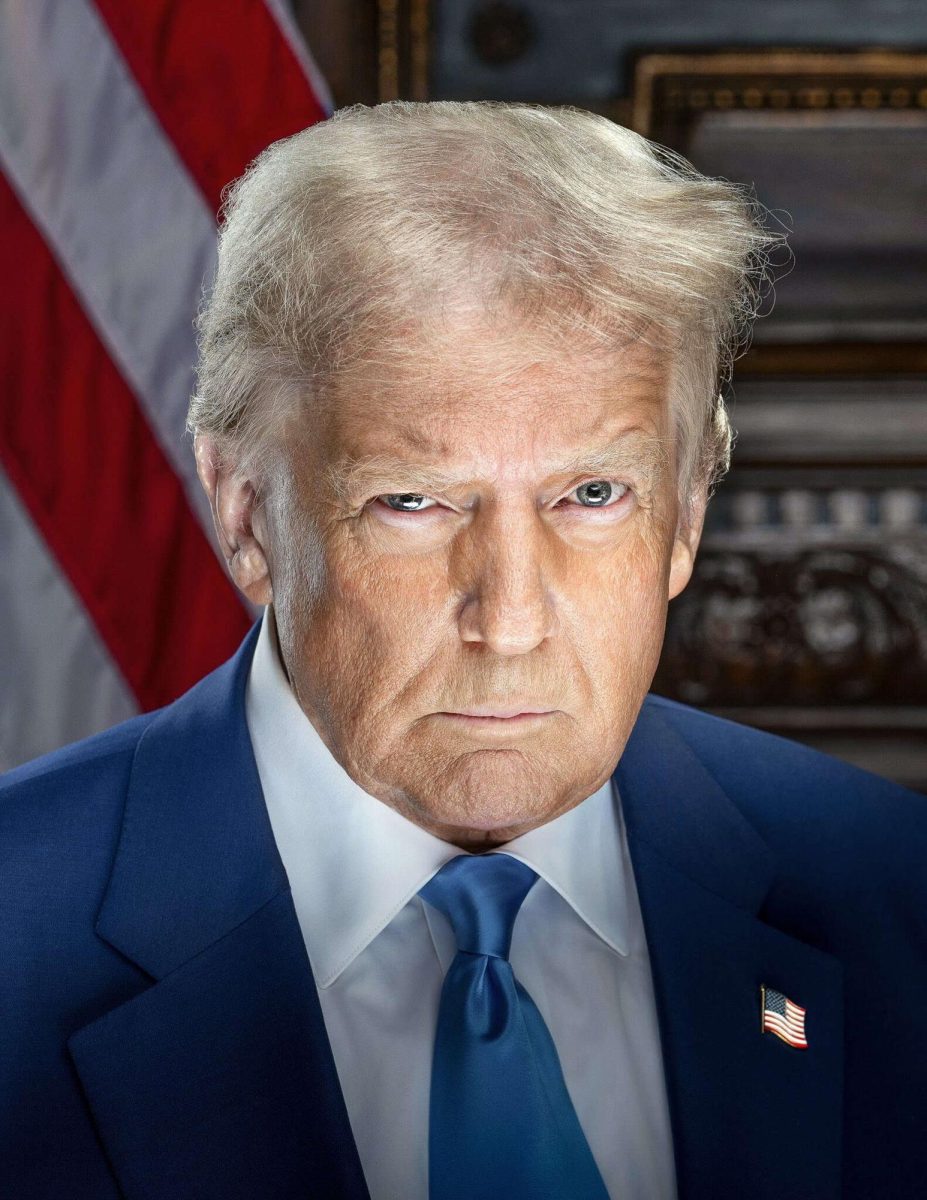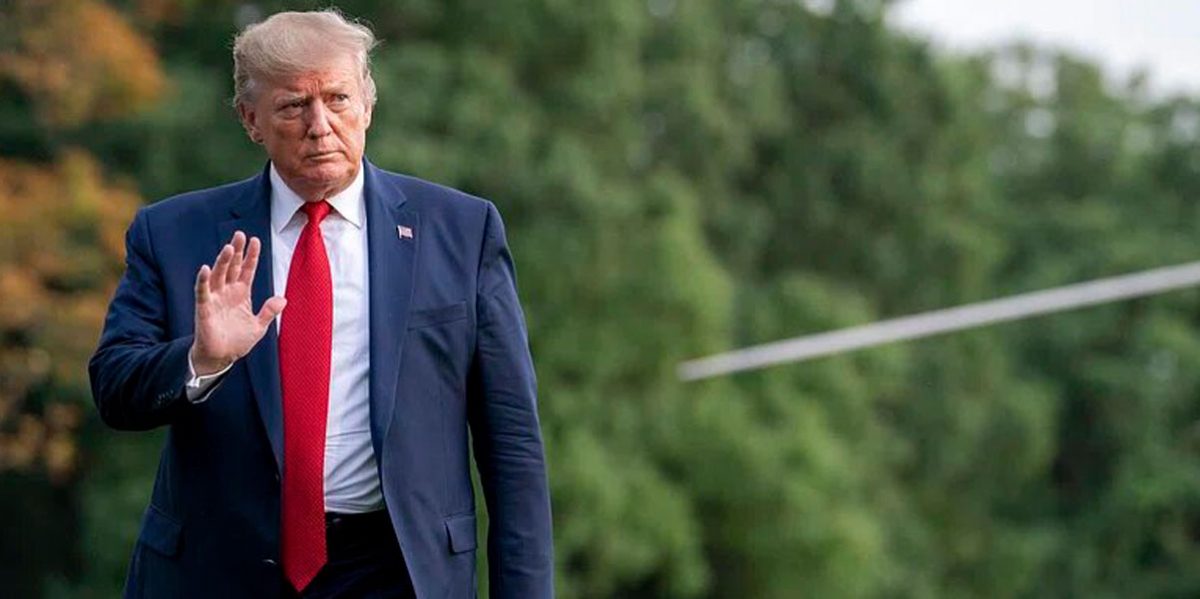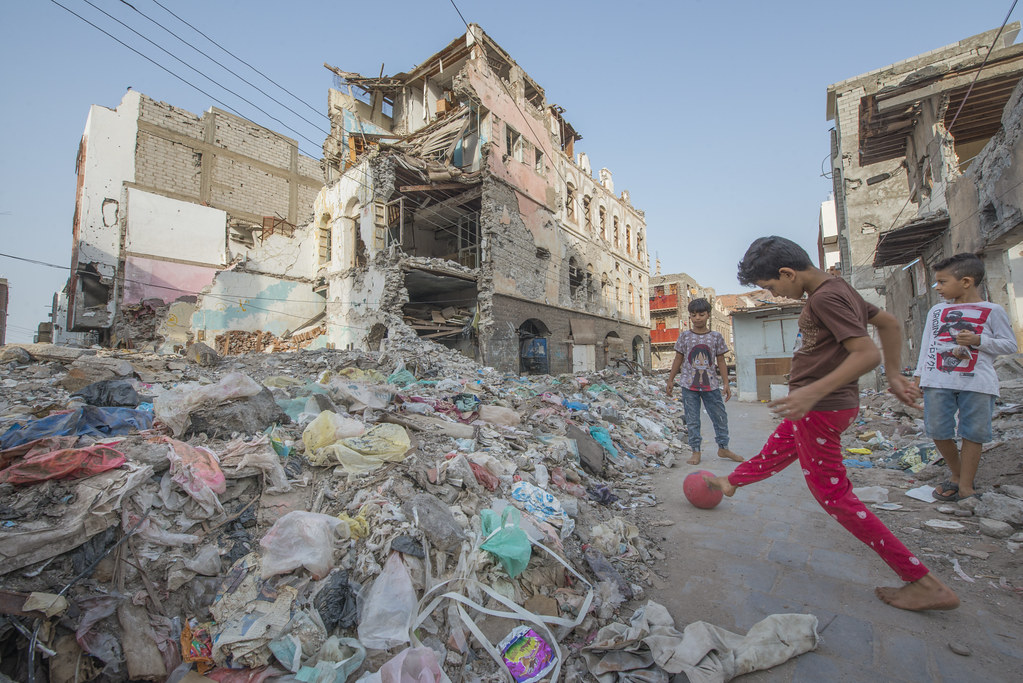On January 11, the United States and the United Kingdom began carrying out missile strikes in Yemen against Houthi rebels, furthering their involvement in the Yemeni Civil War. The Houthis are an Iranian-backed Shi’ite group fighting against the Hadi’s Federal government which is conversely backed by a coalition of 10 states; however, the Saudi-led coalition’s efforts remain futile in the disastrous conflict.
Conflict exploded in 2004 when Houthi Insurgents felt the federal government failed to maintain the multi-party system. The Houthis deemed Ali Abdullah Saleh’s corrupt regime as incompetent and unable to heal the underlying division from the prior colonial era of Yemen. Eventually, Saleh resigned, handing over power to Abd Rabbih Mansure Hadi who bargained with the Houthi Rebels. Hadi promised to give the Houthis more political weight and to divide the country into six federal regions. Despite Hadi’s attempts, the Houthis remained dissatisfied. Tension peaked after Hadi’s government cut subsidies, leading the Houthis’ campaign a coup d’etat against the federal government from September 2014 to February 6, 2015, also known as the September 21 Revolution. The Houthis took power over the mountainous and more densely populated north, whereas, loyalists to the federal government fled to the south and the strategic port of Aden.
Following the full-scale civil war, Iran and Saudi both aim to capitalize on a potential ally in the Middle East and tip the balance of power in their favor. Unlike Iran, which mostly supports the Houthis politically with light material assistance, Saudi Arabia’s dubious, yet silent ground involvement continues to terrorize Yemen just as badly if not worse than the Houthis. The Washington Post reports, “Hundreds of thousands have died from the fighting or its indirect consequences, such as hunger, the United Nations says. The devastating air campaign alone — carried out by a Saudi-led coalition — has killed almost 24,000 people, a number that includes combatants and nearly 9,000 civilians, according to conservative estimates by the Armed Conflict Location and Event Data Project (ACLED), which monitors war zones around the world.”
Although the Houthis are officially designated as a terrorist organization by the United States, innocent civilian lives can not come at the expense of Saudi Arabia’s vain offensives. Saudi Arabia’s prudent measures against the guerilla-fighting Houthis serve only to the detriment of civilians while the Houthis hide from the bombardment in their various bases. Ironically, a root of Yemen’s division, Great Britain, continues to involve itself in Yemen’s affairs but fails to stop Houthi attacks that affect global trade. For Saudi Arabia, the Yemeni Civil War mirrors that of America’s Vietnam War: a fruitless proxy war devastating innocent civilians. The Biden Administration’s punitive measure through military personnel deployment in June of 2022, and now missile support, only exasperate Yemen’s ongoing humanitarian crisis.
